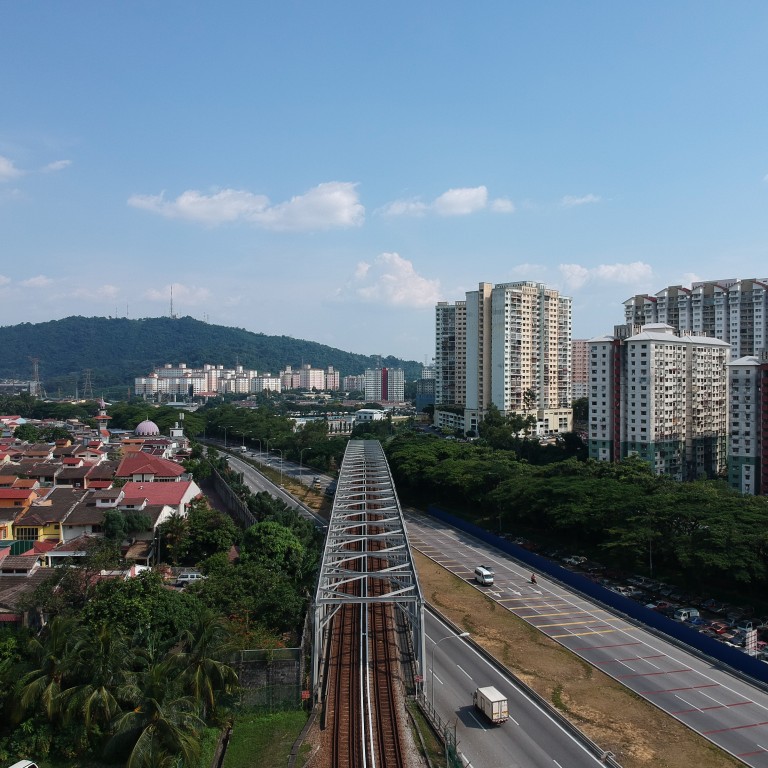
Malaysian firm probed for human trafficking after 93 Bangladeshi workers found abandoned
- A construction company allegedly brought the workers to Kuala Lumpur in November, only to leave them jobless and homeless for months
- An activist says dozens more people have yet to be rescued, in a case that highlights the risks that people from Bangladesh face when accepting jobs in Malaysia
Malaysian authorities are investigating a construction firm that allegedly brought in 93 Bangladeshi migrant workers, only to leave them languishing without jobs or accommodation, in a human-trafficking case that activists say could include employees who are yet unaccounted for.
The Ricoler Construction Company could face charges under several laws for failing to house its workers and pay them wages. It is also being probed for breaching anti-trafficking and anti-smuggling laws, which carry a 15-year prison sentence and fines.
The workers’ plight came to light after personnel from Malaysia’s immigration and anti-trafficking agencies on Monday rescued them from a shop in the Kuala Lumpur suburb of Cheras, where they had been stranded since November.
Malaysian police raid against illegal migrant workers fuels ‘xenophobic’ views
The Home Ministry and Human Resources Ministry released a joint statement saying the workers’ welfare had been neglected. “All rescued victims were taken to [the immigration department’s headquarters in] Putrajaya for documentation before being brought before the Magistrate to obtain an Interim Protection Order,” it said.
Migrant activist Andy Hall, who blew the whistle on the workers’ situation last Friday, said there were at least 50 more Bangladeshi workers from the same group that had yet to be rescued from the Cheras shop lot premises, located above a tyre workshop.
“These workers arrived at the location just a few days ago, and are managed by the same agent, it is alleged,” Hall wrote in a letter to the Malaysian authorities.
The incident follows another in December, when 171 Bangladeshi workers were arrested after they arrived at a police station in Pengerang, Johor, to file a report against their employer for leaving them in a similar predicament.
Malaysia is heavily reliant on migrant workers – particularly from Muslim-majority Bangladesh, partly because of the lower wages – and it has over the years recorded hundreds of human-trafficking cases committed by agents in both countries, who dupe would-be migrant workers with promises of work that turn out to be non-existent.
According to Hall, these workers pay a recruitment fee of as much as 21,700 ringgit (US$4,500) to come to Malaysia.
‘Desperate’ Indonesians risk abuse in Malaysia as they turn to illegal agents
On February 8, the 171 Bangladeshi migrant workers in Johor received a total of 1.03 million ringgit (US$215,500) in unpaid wages from their employer after their case was heard before a labour court.
Hall, however, noted that these workers had yet to receive their compensation despite the court order against their employer. “Compensation needs to get into the workers’ pockets urgently,” he said.
According to data from the Department of Statistics, there were almost 2 million regular migrant workers employed in Malaysia in 2022, making up about 12.9 per cent of the total work force.
The country’s dependence on migrant workers has long been a sore point among locals, some of whom complain about the influx of migrant workers, especially in city centres.
In a post on X, formerly known as Twitter, Minister of Economy Rafizi Ramli described Malaysia’s heavy reliance on migrant workers as a “structural failure” and a diversion from the country’s goal of achieving sustainable growth driven mostly by locals.

